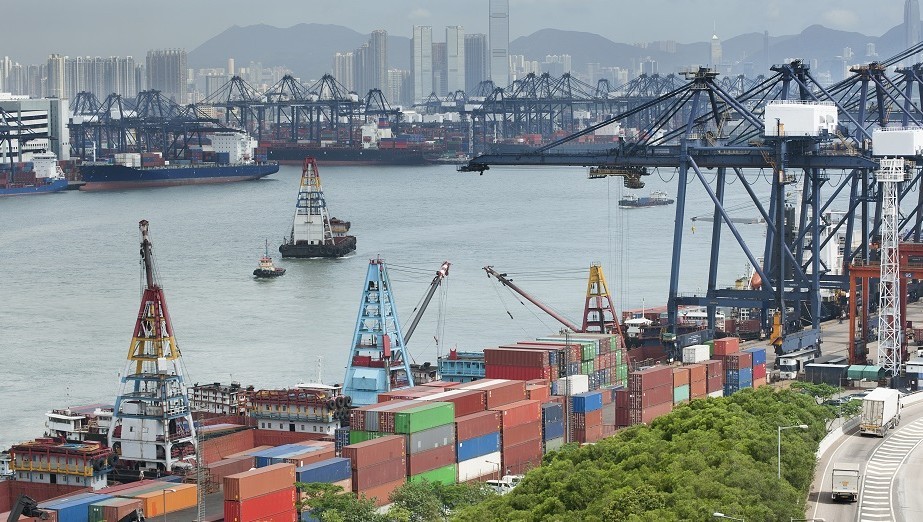
Dr Nick Burd, programme director for the China Catalyst Programme at Lancaster University, offers some top tips for high growth companies looking to expand into the Chinese market.
The Chinese market represents a huge opportunity for a wide range of products, services and technologies, but this alone is not enough to justify any business to go to China.
Exploring the Chinese market will require substantial time and resources (not only financial). Things you’re experienced at in Europe will take at least twice the time and effort in China given the cultural, legal and physical distance. There are organisations that can help you in this journey, but ultimately the decision to go to China will lie with your company and there should be clarity in your reasons and objectives.
Despite what’s reported in Western countries, China has developed a strong IP regime since 1985. Most of the IP incidents that happen to foreign companies in China result from the differences between the laws in China and domestic laws.
Formal advice is widely available (even for free), and even if you have not yet fully committed to China, it’s advisable to register your trademark in China as the small investment required will save you a lot of money (or the whole market) in the future.
A local partner is essential for a foreign SME that wants to operate in China as it helps to fill the knowledge gap. Finding the right partner though is difficult. Try to clarify what you want to achieve in China and, based on that, specify the characteristics of your ideal partner. For example, are you looking for a manufacturer or distributor? Do they have previous international experience?
What is their geographical location and reach?
You will not be able to immediately absorb or understand the different ways of doing business in China. The important thing is that you are open to doing things differently.
Not surprisingly, when you are in China, business is likely to be conducted according to Chinese culture and norms and will require you to adapt to the changes and environment. The language barrier may be only one aspect of this.
Cultural differences play an important role in consumer products. Even big brands have to adapt their products and services to fit the different tastes and requirements of the Chinese market. China is still a developing country where industrial standards are yet to be developed and set in many areas.
The number of challenges you’ll face during your mission in China will be high, but don’t worry. Most of these challenges have already been tackled by someone before you. It’s important though to know who can help you find a solution.
Building a network of peer companies that are going through a similar journey is crucial for an SME that is operating in China. It will save you money and time, as well as reduce the risk of failure.
China is more of a continent than a single country. As such there are many ‘Chinas’ and not all of them may be of interest. The nature of your business, the technological field you are in, and the type of market you wish to tap into are some of the variables that you need to clearly define before choosing the right location. This is important even if you don’t have to physically locate your business in China but just want to market your products or develop an alliance with a local partner.
Always perform due diligence on the Chinese organisation you wish to partner with. There are different levels of diligence you can run. For an initial discussion, it may be enough to get a copy of the organisation’s business licence.
If your discussions progress, you may verify other information through the State Administration of Industry and Commerce and/or the Supreme People’s Courts of relevant regional cities. You will certainly need to hire an advisor or investigation agent for more advanced financial, legal and technical checks.
Language is likely to be one of the biggest obstacles in negotiations with a Chinese partner. Hiring a professional translator will be essential, but the translator will also need to get to know you and your company and its objectives.
This is not only to accurately translate, but also vital in identifying changes in mood and emotions during negotiations. Building trust with a Chinese business takes a lot of time and effort. You will probably have to go through many meetings and meals before you get to the contract stage. Be ready to adapt to changes when agreement has been reached.
Competition is intense and local competitors in China are considered a threat to global companies as they are fast followers. Also, with the increased demand for local products and services, global companies have no option but to increase their innovation efforts by using cutting edge technology and developing products/services that meet the market demands in China. The lack of innovation in China is a delusion.
This December the Lancaster China Catalyst Programme (LCCP) and Lancashire County Council will be taking a delegation of UK SMEs interested in getting a better knowledge of the Chinese market on a 5-day business trip to China. Find out more about the trip by clicking here or contacting the Lancaster China Catalyst Programme on 01524 510838 | china-catalyst@lancaster.ac.uk.




The website uses cookies.
Some are used for statistical purposes and others are set up by third party services. By clicking 'Accept all & close', you accept the use of cookies. For more information on how we use and manage cookies, please read our Cookie Policy.